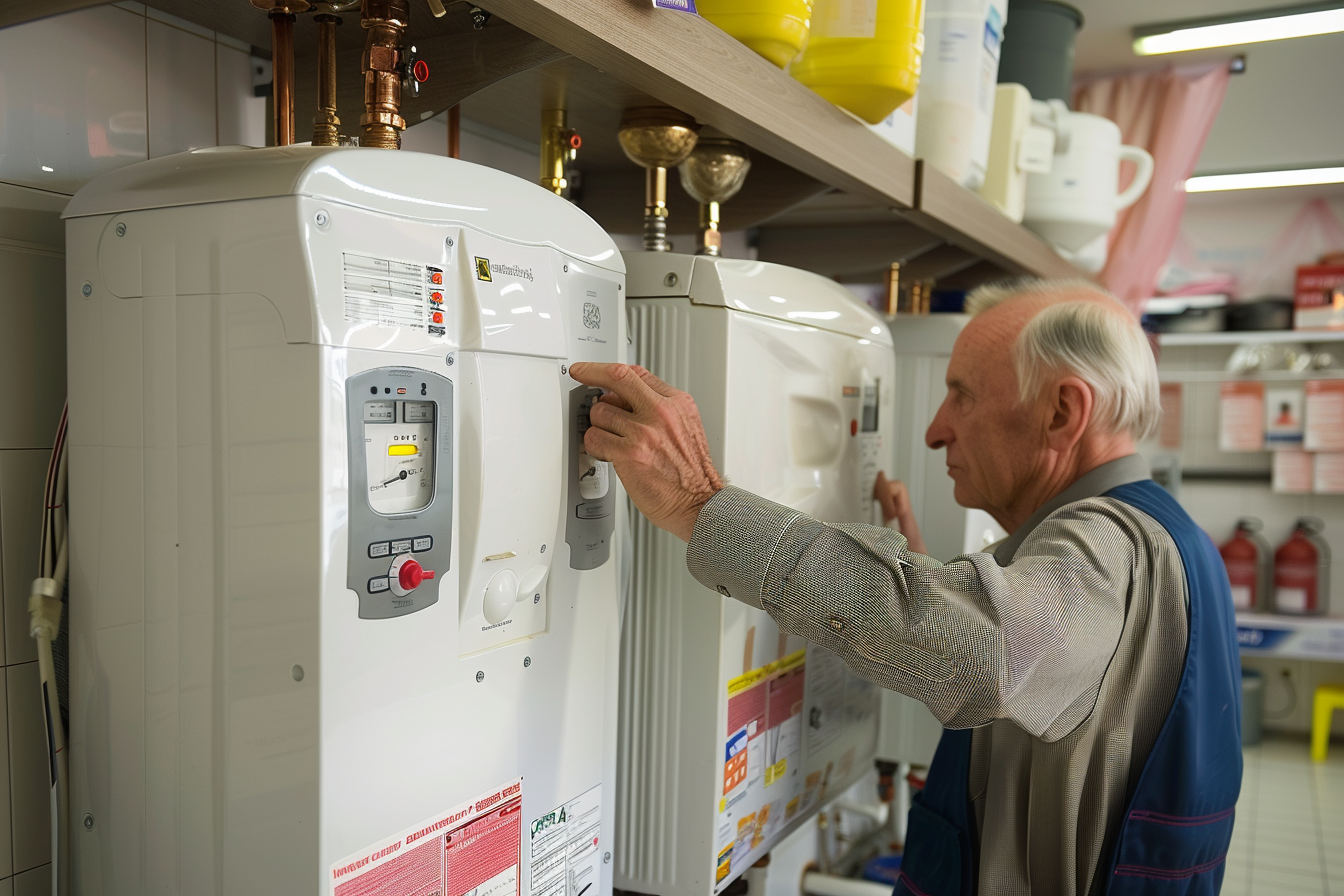Boiler Replacement Grants in 2025: Who Can Claim?
With rising energy costs and the push towards more efficient heating systems, many UK households are exploring boiler replacement options. Government grants and funding schemes in 2025 continue to support homeowners in upgrading their heating systems, but understanding eligibility criteria and application processes can be complex. This guide explains who qualifies for boiler replacement grants, what support is available for different groups, and how to navigate the application process successfully.

What Is the Boiler Replacement Grant?
The Boiler Replacement Grant encompasses several government-backed schemes designed to help UK households upgrade their heating systems. The primary scheme, known as the Boiler Upgrade Scheme (BUS), replaced the previous Green Homes Grant and focuses on encouraging the installation of low-carbon heating systems. This grant provides financial support for homeowners looking to replace gas boilers with heat pumps or biomass boilers.
The scheme offers grants of up to £7,500 for air source heat pumps and ground source heat pumps, while biomass boiler installations can receive up to £5,000. These grants are available to homeowners of existing properties in England and Wales, with the aim of reducing carbon emissions and improving energy efficiency across the housing sector.
Who Qualifies for Boiler Replacement Grant for Seniors?
Senior citizens often face particular challenges with heating costs and may qualify for additional support beyond standard grant schemes. The Boiler Replacement Grant for Seniors typically refers to enhanced support available through various programmes targeting older households.
Pensioners may be eligible for the Warm Homes Discount, which provides annual electricity bill reductions, alongside boiler replacement grants. Those receiving Pension Credit, certain disability benefits, or other qualifying benefits often have priority access to heating improvement schemes. Local authority programmes frequently offer additional support for seniors, including free boiler checks, maintenance services, and emergency repair assistance.
Energy companies also run schemes specifically for vulnerable customers, including seniors, under their obligations to support fuel-poor households. These programmes may provide free or heavily subsidised boiler replacements for qualifying elderly residents.
How to Apply for Boiler Replacement Grant UK
Applying for boiler replacement grants across the UK requires understanding the different schemes available and their specific requirements. The Boiler Upgrade Scheme applications must be submitted by MCS-certified installers on behalf of homeowners, rather than direct applications from householders.
The process begins with obtaining quotes from certified installers who can assess your property’s suitability for low-carbon heating systems. Installers will complete the necessary paperwork, including energy performance certificates and technical surveys, before submitting applications to Ofgem.
Local authority schemes may have different application processes, often requiring proof of income, benefit entitlement, or property ownership. Some councils operate first-come, first-served systems, while others prioritise applications based on vulnerability criteria or energy efficiency ratings.
| Grant Type | Provider | Eligibility | Maximum Amount |
|---|---|---|---|
| Boiler Upgrade Scheme | Government/Ofgem | Property owners in England/Wales | £7,500 |
| ECO4 Scheme | Energy Companies | Low income/vulnerable households | Varies |
| Local Authority Grants | Council Programs | Local residents meeting criteria | Up to £10,000 |
| Warm Homes Discount | Energy Suppliers | Pensioners/benefit recipients | £150 annual |
Prices, rates, or cost estimates mentioned in this article are based on the latest available information but may change over time. Independent research is advised before making financial decisions.
Understanding Eligibility Requirements
Eligibility for boiler replacement grants depends on various factors including property type, current heating system, household income, and location. The Boiler Upgrade Scheme requires properties to have adequate insulation standards and be suitable for low-carbon heating installation.
Income-based schemes typically target households with annual earnings below specified thresholds or those receiving means-tested benefits. Property ownership is usually required, though some schemes extend to certain types of tenancies with landlord agreement.
Geographic restrictions apply to different schemes, with some available only in specific regions or council areas. Properties must generally be existing homes rather than new builds, and some schemes exclude certain property types such as park homes or houseboats.
Additional Support and Alternative Options
Beyond mainstream grant schemes, various organisations offer supplementary support for boiler improvements. Charitable organisations provide emergency grants for boiler repairs or replacements for households in crisis situations. These typically require evidence of financial hardship and urgent heating system failure.
Energy companies operate trust funds and hardship schemes providing grants for energy efficiency improvements, including boiler replacements. These schemes often have less restrictive eligibility criteria than government programmes and may provide faster access to funding.
Some manufacturers offer financing schemes with reduced interest rates or cashback incentives for energy-efficient boiler installations. While not grants, these programmes can make replacements more affordable when combined with available grant funding.
Boiler replacement grants in 2025 continue to provide valuable support for UK households seeking to improve their heating systems and reduce energy costs. Success in securing funding often depends on understanding the various schemes available, meeting specific eligibility criteria, and working with qualified installers who can navigate the application processes effectively. With proper research and preparation, many households can significantly reduce the cost of upgrading to more efficient, environmentally friendly heating systems.




